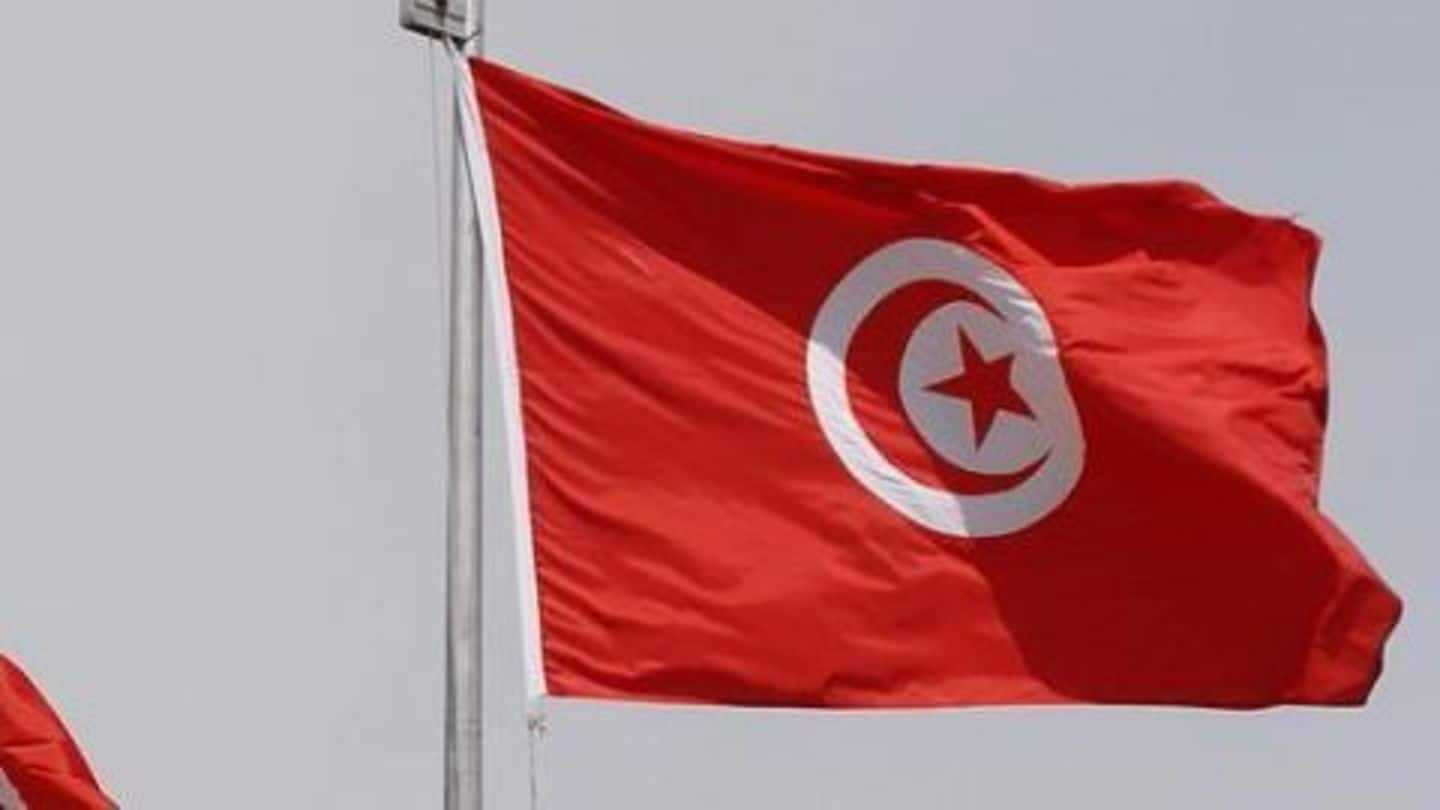
Nobel Peace Prize goes to Tunisian mediator group
What's the story
The Tunisian National Dialogue Quartet, a coalition of civil society organisations, was awarded the 2015 Nobel Prize for Peace, for "decisive contribution to the building of a pluralistic democracy in the country in the wake of the Jasmine Revolution of 2011." Tunisia had its first free democratic elections in 2014, and is the only Arab Spring state that has kept its democratic aspirations alive.
Information
The Jasmine Revolution begins
In 2010, a Tunisian street-vendor named Mohamed Bouazizi fatally set himself on fire to protest against authoritarianism, sparking massive protests. This led to the resignation of Tunisian President Zine el-Abidine Ben Ali, and the birth of the Arab Spring.
Backdrop
The Tunisia of 2013
After the success of Tunisia's Jasmine Revolution which brought down its authoritarian-regime in 2011, the Islamist Ennhada Party came into power. In 2012, massive protests broke out against an Islamist proposal challenging the full equality of men and women. In 2013, following the assassination of two opposition politicians, protests threatened to topple the Ennhada regime which refused to cede power, causing severe national unrest.
Quartet
The National Dialogue Quartet is formed
Tunisia's National Dialogue Quartet was formed in the summer of 2013, when the country was, as the Nobel Committee states it, "on the brink of civil war." It is made up of 4 key organisations of Tunisian civil society - the Tunisian General Labour Union, the Tunisian Confederation of Industry, Trade and Handicrafts, the Tunisian Human Rights League, and the Tunisian Order of Lawyers.
Do you know?
2015 Nobel Peace Prize contenders
The 2015 Nobel Peace Prize had several strong contenders including Pope Francis (for his calls for economic fairness in the world), German Chancellor Angela Merkel (for sheltering refugees), and Edward Snowden (for leaking documents on secret US surveillance programs).
Achievements
The Quartet's role in the Tunisian democratic transition
The Quartet is credited with facilitating national dialogue between Islamist and secular coalition parties in the midst of violent clashes which threatened civil war. In December 2013, a mutual agreement was reached between the opposing sides which provided for the Islamist government to step down, and for a caretaker government to implement free elections in 2014. The Quartet became the guarantor of the agreement.